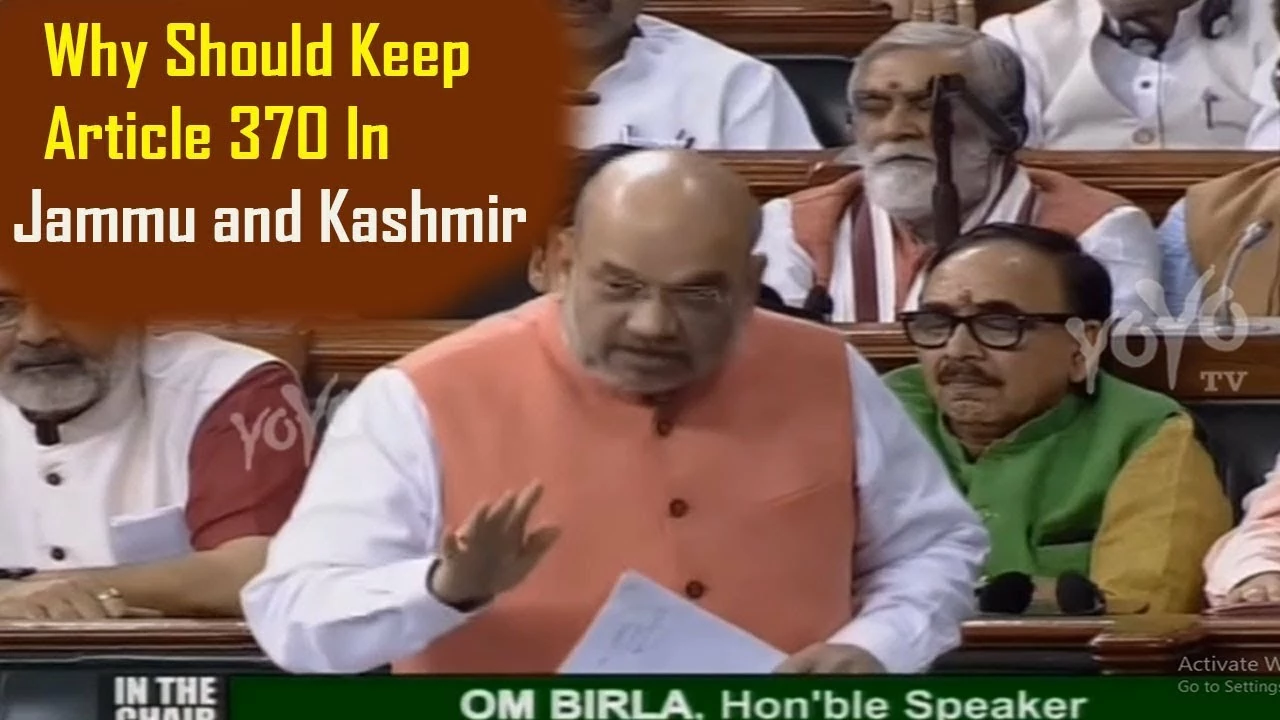The Genesis of Article 370
As we delve into the subject matter of the blog, it is essential to understand the genesis of Article 370. The article was formulated when India gained independence from British rule and was drafting its Constitution. It was included in the Constitution to grant special autonomy to the state of Jammu and Kashmir. The idea behind this was to respect the diverse culture of the state and provide it with the necessary tools to maintain its unique identity within the Indian Union.
Amit Shah's Take on Article 370
Now, let's discuss the viewpoint of Amit Shah. As India's Home Minister, Shah has always been candid about his views on the Article. He vehemently believes that Article 370 has not benefited the country or the region of Kashmir. In his view, the Article has instead created a divide, fostering an environment of separatism, terrorism, and corruption. He believes that it has impeded the development of the region and deprived the people of the benefits of central government schemes.
The Impact on National Integration
Shah is of the opinion that Article 370 has been a significant impediment to the complete integration of Jammu and Kashmir with the rest of India. According to him, the special status accorded to the region has only served to create a psychological barrier between the people of J&K and the rest of the country. It has also, he believes, given fuel to separatist sentiments in the region.
Article 370 and Terrorism
One of the most significant points that Shah consistently brings up is the connection between Article 370 and terrorism. He asserts that the special status clause has been used as a tool by separatists and terrorists to destabilize the region. He believes that by revoking the Article, the government would be able to curb terrorism and establish lasting peace in the valley.
The Economic Fallout of Article 370
According to Amit Shah, Article 370 has also had severe economic repercussions for Jammu and Kashmir. He argues that it has hindered the region's economic development by discouraging investment and hindering the implementation of central government schemes. He believes that the revocation of the Article would open the doors for investment and economic growth in the region.
The Revocation of Article 370
In August 2019, Amit Shah and the government he represents took the bold step of revoking Article 370, effectively integrating Jammu and Kashmir entirely with the rest of India. This historic move was met with mixed reactions. While some hailed it as a step towards national integration and the eradication of terrorism, others criticized it for disregarding the sentiments of the Kashmiri people.
Life After Article 370
Life in Jammu and Kashmir post the revocation of Article 370 is still evolving. The government's move has certainly led to significant changes in the region. Shah believes that these changes will eventually lead to peace, prosperity, and development in the region. However, critics argue that the move has led to a curtailment of civil liberties and increased unrest. Only time will tell what the true impact of the revocation will be.




